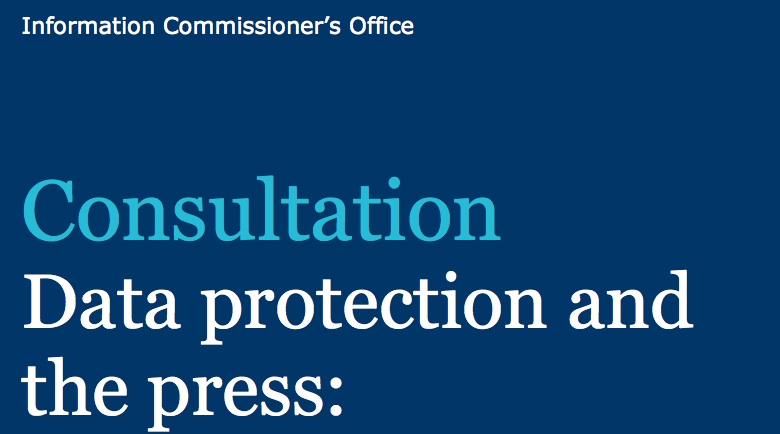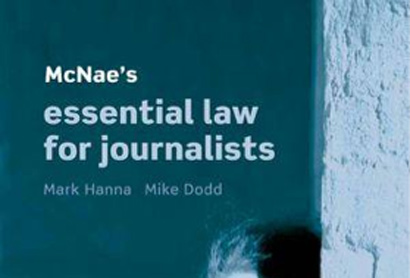Last week the Information Commissioner’s Office launched a “short public consultation” on proposals for a code of practice for the press in the Data Protection Act.
According to the ICO website this follows a recommendation from Lord Justice Leveson for the ICO to “prepare and issue comprehensive good practice guidelines and advice on appropriate principles and standards to be observed by the press in the processing of personal data”.
The consultation was sent out last week, and closes on Friday 15 March. The ICO website states:
This short public consultation on the likely scope and content of the proposed ICO code of practice is an important first step in ensuring our stakeholders have an opportunity to let us know their views and engage in constructive dialogue to develop a common understanding of how data protection legislation applies to the media. This will be followed by a full public consultation on the code itself.
In the consultation document the ICO adds:
The code will not contain any new legal duties – the purpose of such codes is to promote good practice and observance of the requirements of the Data Protection Act by data controllers. Depending upon decisions by the government about possible reform of the law, this guidance may require further review. However, we accept that it is important to produce guidance now, as recommended by Lord Justice Leveson.




